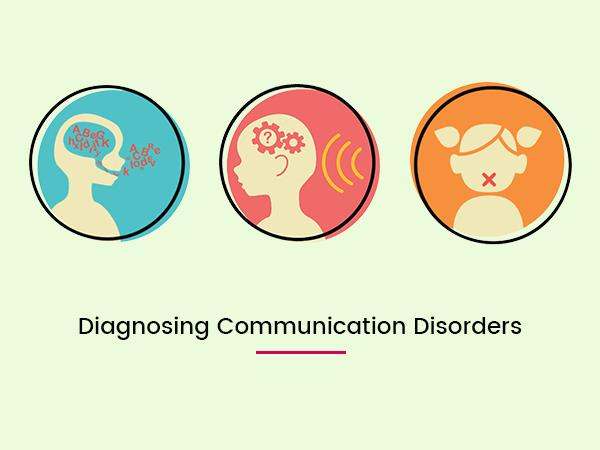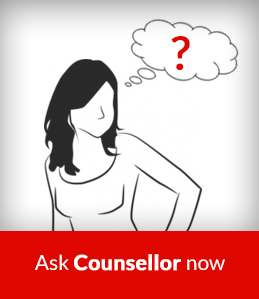WHAT CAUSES COMMUNICATION DISORDERS?
Communication Disorders begin for many different reasons. Many people are born with them, and they begin during their early childhood development. Still, there are a variety of reasons a person may have or develop a Communication Disorder.
In continuation with the previous article –
Communication Disorders in Children and Adults – Know the Basics and Help Someone You Know Whose Dealing
Here is a list of some possible causes –
- Hearing loss
- Brain Injury
- Drug Abuse
- Autism Spectrum Disorder
- Cleft Lip or Palate
- Neurological Disorder
- Emotional Disorder
- Cerebral Palsy
- Developmental Disorder or Disabilities
- Vocal Cord Injury
- Learning Disorders
- Intellectual Disabilities
- Stroke
HOW TO TREAT COMMUNICATION DISORDERS
Once a child or an adult has been diagnosed with a communication disorder, it’s important to learn what kind of treatment is available.
EARLY INTERVENTION
As with most life complications or disorders, the earlier a problem is diagnosed, the better the long-term results will be. Thankfully, that’s where Early Intervention steps in. Early intervention is often the first step in a person’s life to help them develop a strategy for better communication.
Early Intervention will evaluate a child to see if they meet the requirements for a communication disorder, and if they do, they will work with the family to create an Individualized Family Services Plan.
This is a plan that parents and the helping agency help put together to establish goals that the agency and the family will work together to manage. Early Intervention believes strongly that the most successful plans include families working closely together with therapists and support members, and continuing to practice the things learned in therapy throughout the week.
SCHOOL AGE
It is not uncommon for a communication delay to go undiagnosed until children reach school age. This is understandable since children’s speech develops at such a wide range of time. Some delays may not be noticeable until school age.
For those receiving services from Kindergarten through 12th grade, there is something that is commonly referred to as “IDEA.” IDEA refers to “Individuals With Disabilities Education Act” and it means that all children, including those with disabilities, are eligible to receive a free education. IDEA also requires schools to find and evaluate children for special needs, and after a child has been diagnosed with a disability, to provide them with an education that meets their specific needs.
For those with communication issues, this may mean working with a speech pathologist during school hours. The school will work with the family to develop an Individualized Education Program (IEP) that will be used to help best educate the child in school. All of this is provided free to the child and family.
ADULTS
Although the DSM-5 communication disorders specifically focus on the early development on-set of communication disorders, there are other reasons why an adult might suffer from speech or language issues such as injury or stroke. In addition, not all adults have received treatments to help communication disorders as children.
For this reason, many people at an adult age still need help with communication disorders and can receive treatments to help with speech pathologists or speech therapists. A speech therapist can provide an evaluation and work closely with a patient to help develop a system to assist them with speech and language issues.
Interested in an online master’s in communication disorders?
Conclusion
Many people in the world have communication issues for a variety of reasons, and thankfully treatment is available.
If you or someone you know has been diagnosed with a communication disorder, seek out help. While not all communication disorders can be cured, many of them can be managed with the help of a speech therapist.







,